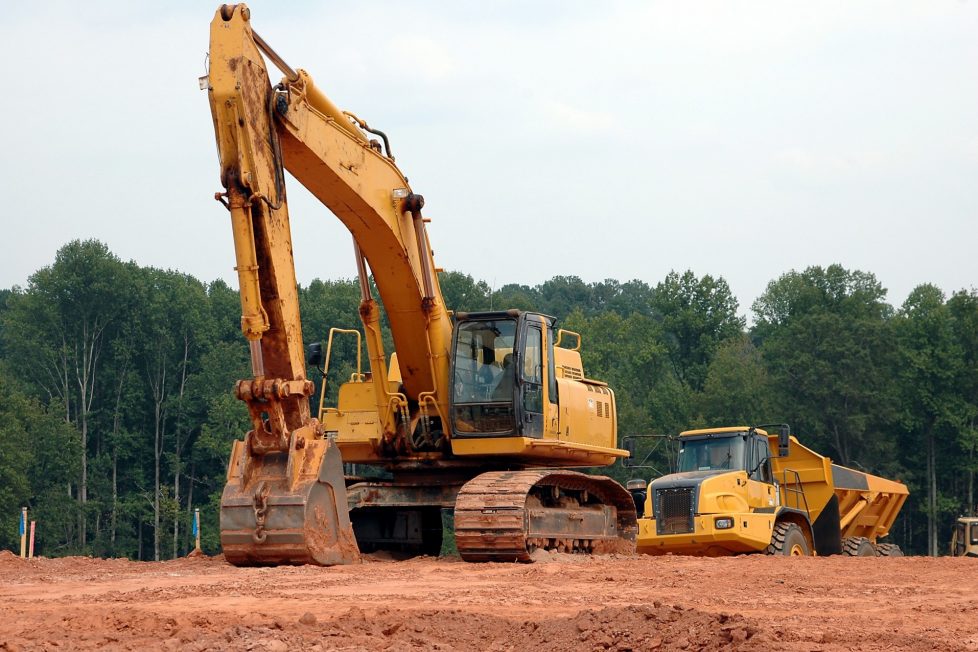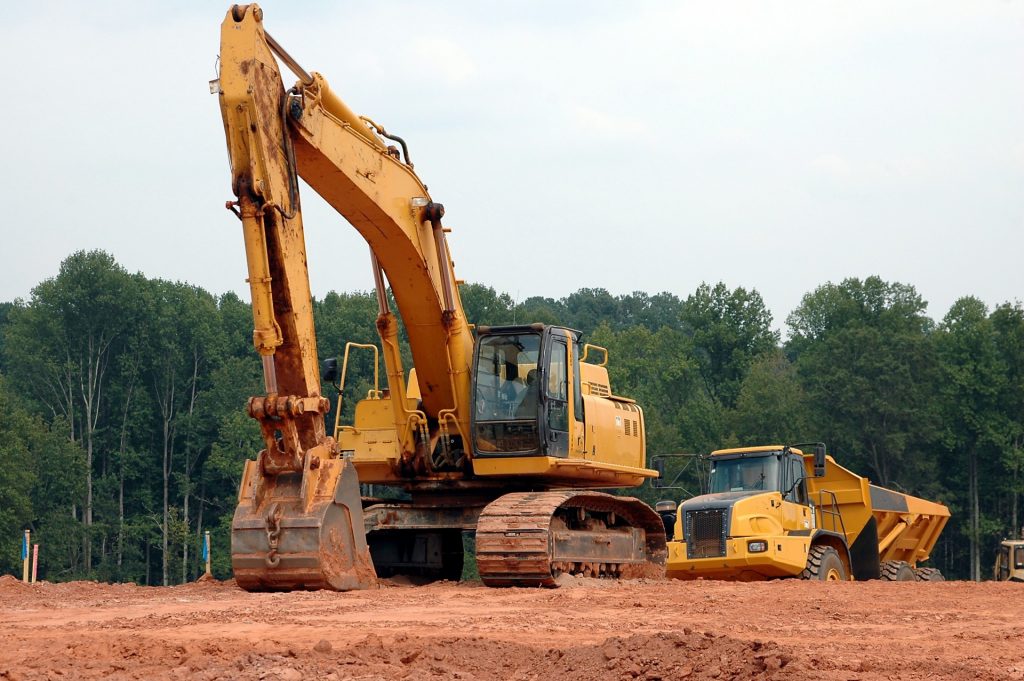Save Your Money by Using Construction Equipment Rental Companies

Most construction companies choose to hire instead of buying equipment so as to save on project costs. Sometimes the cost of renting equipment form a significant proportion of the project’s costs. There are, however, several tips that when put into practice can help you save even further. This will in turn lead to greater profits.

When ordering the equipment, ensure that you order the right equipment of the right size. Bigger doesn’t always mean better, and bigger is more expensive to hire since it will use more fuel. Additionally, check on all that the rental rate covers because the extra charges once factored in could add up to extra expenses for you. You should also ensure that the equipment you get is reliable because most of the time cheaper means older equipment that is not as efficient as newer equipment. Insurance is also a no brainer. If something happens to the equipment, you do not want to be liable for it. There is often a minimum period that rental companies expect to be paid. Ensure that your project will put the equipment to full use for the duration of time you are paying for it. You do not want to pay for the equipment if you will not be maximizing on the full amount you are paying for.
Always check the paperwork to ensure that it is agreement with what you ordered, and the terms and conditions you negotiated for. Check the fine print to ensure that there is nothing in there that will cost you more money and that you fully understand all that is within the agreement.
To begin with, ensure that it is actually the equipment that you had ordered for before it is off-loaded. This will save you from reorganizing for transport if it is not what you had ordered for. Also, ensure that there is no visual damage to the equipment that could later on be pinned on you such that you have to pay for it. Additionally, check the wearing parts of the equipment such as the teeth on excavator buckets since projects are normally charged with the cost of replacing these parts. This is usually very expensive. You should also confirm that there are no oil leaks and that all the correct safety measures are functional. If the fuel in the tank is not full, you should also report this to the rental company because rental companies expect you to return the equipment with a full tank.
Ensure that you have skilled and licensed operators for the equipment could result in unnecessary damages that you will have to pay for. Additionally, they will not ensure full productivity. Proper maintenance is also essential. If damaged, the equipment should not be used until a qualified technician give the go-ahead to use it again. This will prevent further damage at the project site.
Ensure that you no longer need the equipment, and that you put it to full use and productivity during the rental period. Ensure that you give the rental company a written notice that the equipment is no longer needed at the site and organize for transport to have it sent back. All the items rented with the equipment should also be returned with the equipment, otherwise you will incur additional costs for transporting them back and what will be added as continued hire costs. Lastly, ensure that the equipment is clean and that it has been checked and confirmed to be in good order. This way, you will not be charged for damages that did not occur on your project.
Written by Lindsey Rentals. Lindsey Rentals offers the best equipment rentals in Columbia, MO.
